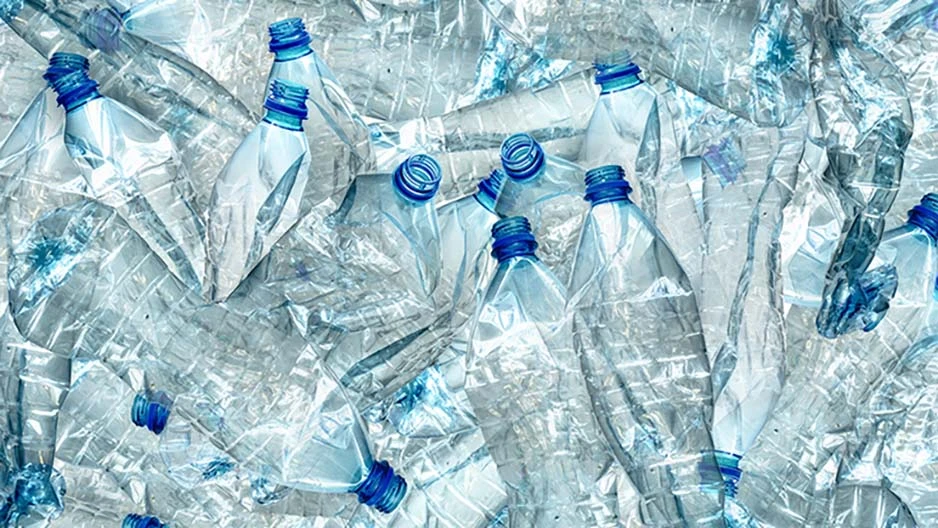
Roman Milert | stock.adobe.com
A research team from the Center for Sustainable Systems (CSS) at the University of Michigan’s School for Environment and Sustainability has received a grant from the Council of the Great Lakes Region (CGLR) Foundation as part of its Circular Great Lakes Initiative.
The team will use the funds to work with stakeholders across the state of Michigan and the Great Lakes region to assess the effectiveness of and opportunities to improve the state’s bottle deposit law.
Michigan is one of 10 states that have bottle deposit laws, and the university research team will benchmark the state’s legislation and performance against states in the Great Lakes region and beyond. The researchers also plan to interview stakeholders across the industry and convene a workshop to address challenges, stimulate new ideas and evaluate policy options to ensure the approach to resource recovery is “effective and efficient for all those involved.”
A report with the findings will be published in fall 2025.
“Creating a circular economy is definitely possible and Michigan’s existing bottle deposit legislation is a great place to start,” says Shelie Miller, lead researcher, co-director of CSS and professor of sustainable systems at the University of Michigan. “Achieving greater material recovery will require input and collaboration from a wide range of partners.”
Miller will be joined by CSS Associate Director Shoshannah Lenski and University of Michigan graduate student researcher Tamanna Sengupta.
The research aims to support Michigan’s MI Healthy Climate Plan goal of a 45 percent recycling rate by 2030 and the growth of the state’s circular economy. The MI Healthy Climate Plan was released in 2022 and lays out a pathway for the state to reach 100 percent carbon neutrality by 2050. The research also aims to support the CGLR Foundation’s Circular Great Lake initiative that was established in 2021 with the goal of bringing stakeholders together to “foster the collective priorities, actions and investments necessary for realizing a zero-plastic waste future in the region within the next decade.”
“To reach a 50 percent recycling rate in the Great Lakes region by 2030, it is estimated that an additional 3 million tons of plastics will need to be recovered, recycled and returned to the economy every year for reuse in new products,” CGLR Foundation President and CEO Mark Fisher says. “Adopting effective policy solutions and programs that support sustainable materials management will be crucial for meeting this goal in Michigan and the broader region.”
Latest from Recycling Today
- BMW Group, Encory launch 'direct recycling’ of batteries
- Loom Carbon, RTI International partner to scale textile recycling technology
- Goodwill Industries of West Michigan, American Glass Mosaics partner to divert glass from landfill
- CARI forms federal advocacy partnership
- Monthly packaging papers shipments down in November
- STEEL Act aims to enhance trade enforcement to prevent dumping of steel in the US
- San Francisco schools introduce compostable lunch trays
- Aduro graduates from Shell GameChanger program





